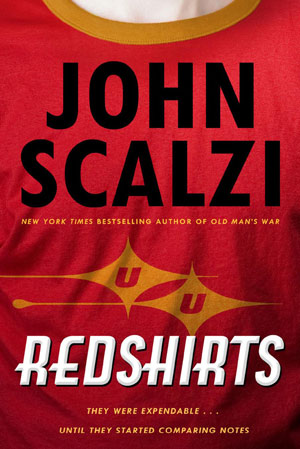
When it comes to life’s big questions, here is one Matt Haber faced: philosophy or biology?
Haber has loved biology since childhood; picture him sprawled on the ground watching ants on the march. Fast-forward to Haber as an undergrad in a class on philosophy, which he also is coming to love, when the instructor says Descartes believed the soul was located in the pineal gland. Haber raises his hand and says that makes no sense; the instructor tells him that’s more of a biological question than a philosophical one.
Then picture Haber in a population biology class, where the discussion is focused on reverse-engineering an animal trait. Haber says that doesn’t make sense given the laws of evolution. The professor tells him that is more of a philosophical question than a biological one. But she also directs Haber to a local philosopher of biology and tells him about grad programs in the history and philosophy of science.
Question answered. He didn’t have to choose. Haber became a philosopher of biology and currently serves as chair of the U’s Philosophy Department.
DO YOU HAVE A FAVORITE BOOK?

I don’t have a favorite book, but I do love a graphic novel called Logicomix—so much so that I order several copies at a time so I can give it out to people. It’s about the development of modern logic and math, telling the story of Bertrand Russell working with other philosophers and mathematicians to resolve contradictions generated by the axioms of mathematics. In their attempts to solve this foundational crisis in math, Russell, along with the mathematician Alfred North Whitehead, developed a sophisticated system of logic that we still teach today and that serves as the basis for contemporary computer science. It does a wonderful job of bringing to life the excitement around core problems in logic, philosophy, mathematics, computer science, and metaphysics.
WHAT ARE YOU READING NOW?

I love reading with my 10-year-old son, and we try to read together every day. We are working through the fourth book in The Secret Series by Pseudonymous Bosch. It’s a great series with engaging characters, clever dialogue, and lots of jokes. I particularly appreciate some of the play-on-word logic puzzles and the breaking of the fourth wall (the author routinely warns readers away due to the inherent danger of the story, interrupts chapters for emergency drills, and includes lots of entertaining self-referential footnotes). The first book in the series, The Name of This Book is Secret, teaches kids how to create secret codes and cleverly features synesthesia as a central plot device.
IS THERE A BOOK YOU THINK EVERYONE SHOULD READ?

Native Son by Richard Wright. I read this in high school, and it was deeply impactful. It pushed me to view things from a different perspective than my own. It is a tragic story of Bigger Thomas and the crushing structural racism he faces growing up on the south side of Chicago. I think it’s an enormously important book and as timely today as ever.
WHAT’S A GOOD READ FOR THE LAY PHILOSOPHER?

Redshirts by John Scalzi is a fun, quick read. Scalzi was a philosophy major, and it shows. It starts with an amusing premise, but what separates it from other pop fiction is the way he faithfully tracks the internal logic of his story. In doing so, he explores an interesting little metaphysical problem about truth-in-fiction. It’s a good entry point into some of the more fun philosophical problems. For those looking for a more challenging read, Iain M. Banks’ Culture series explores lots of philosophical themes.